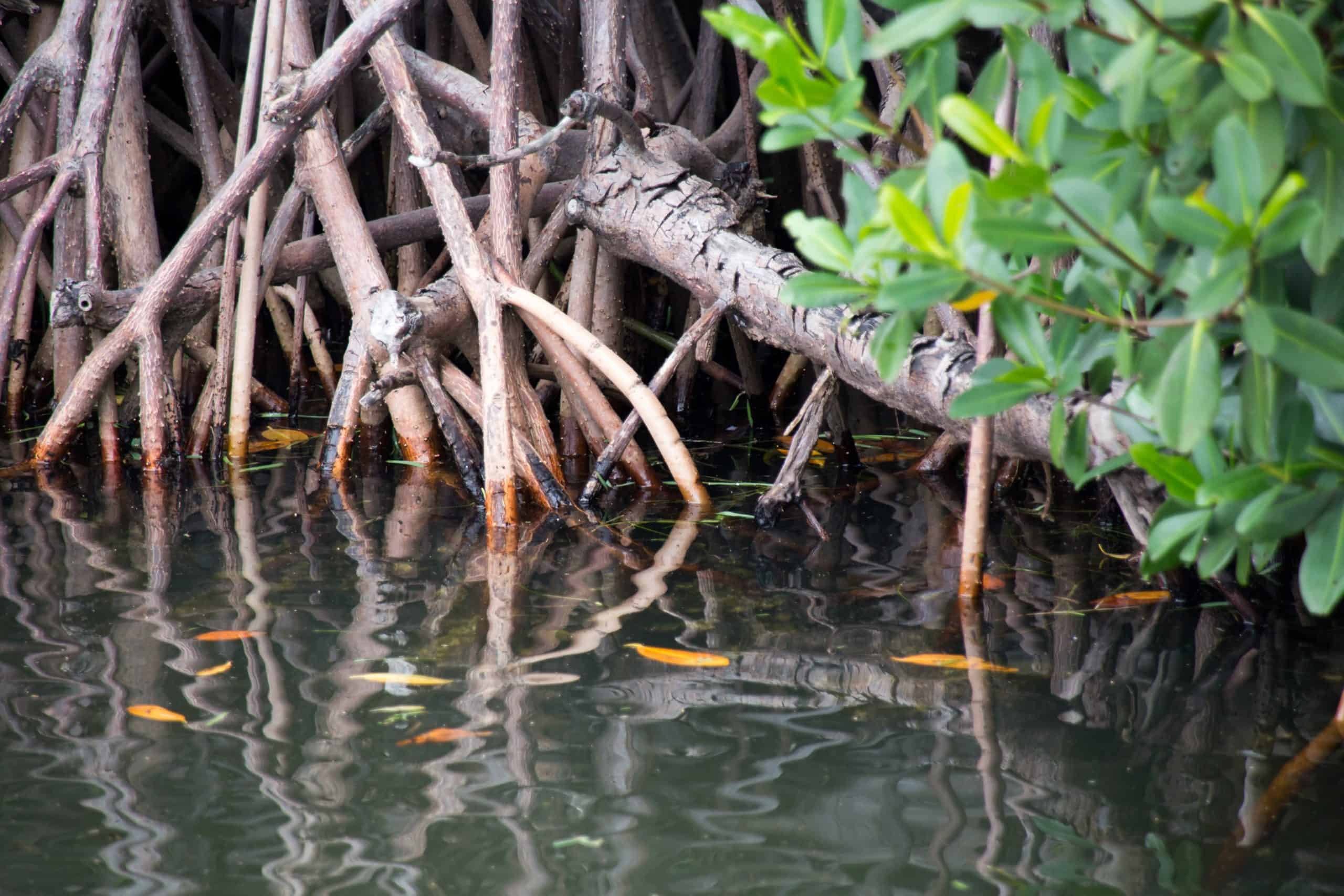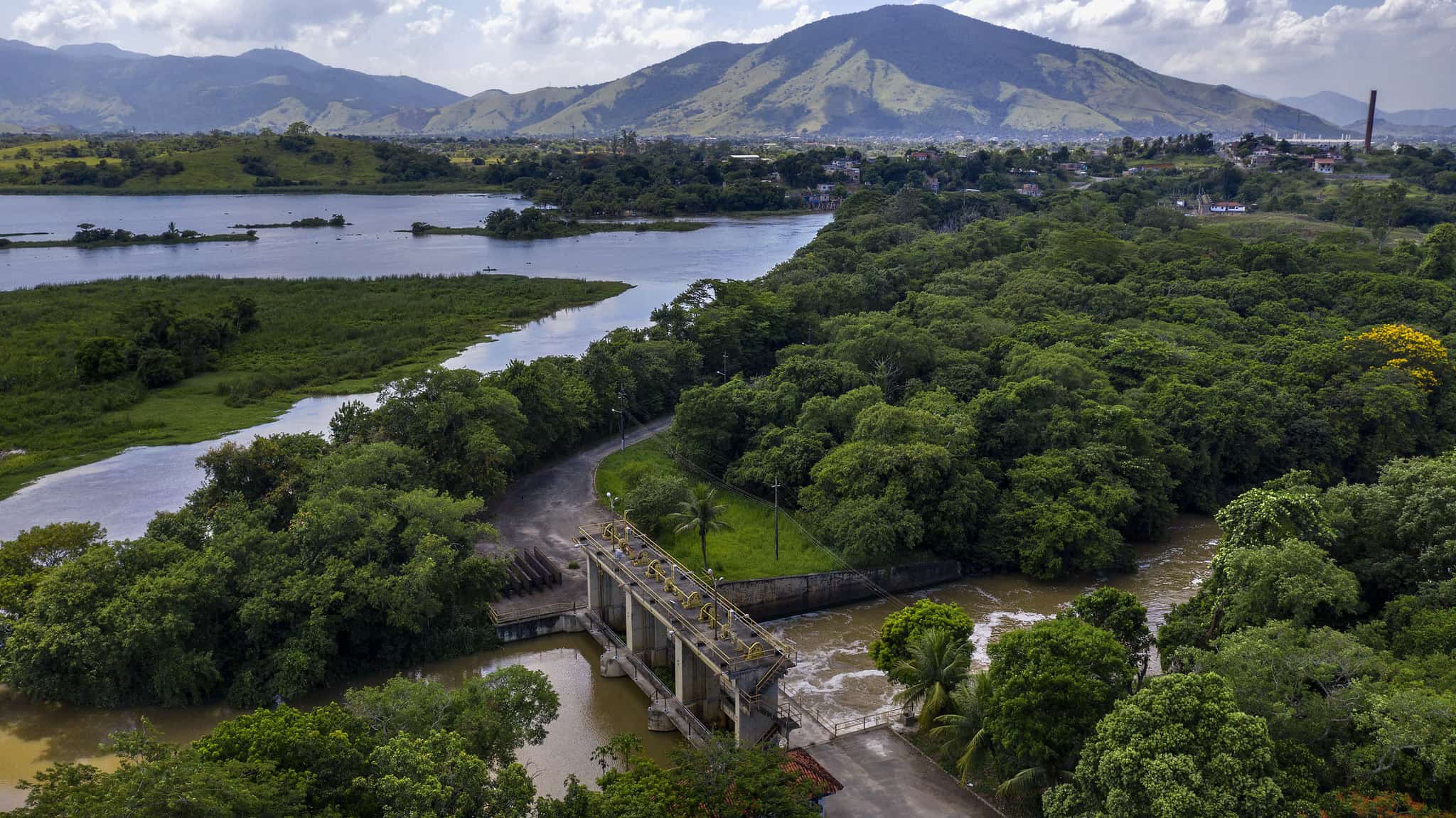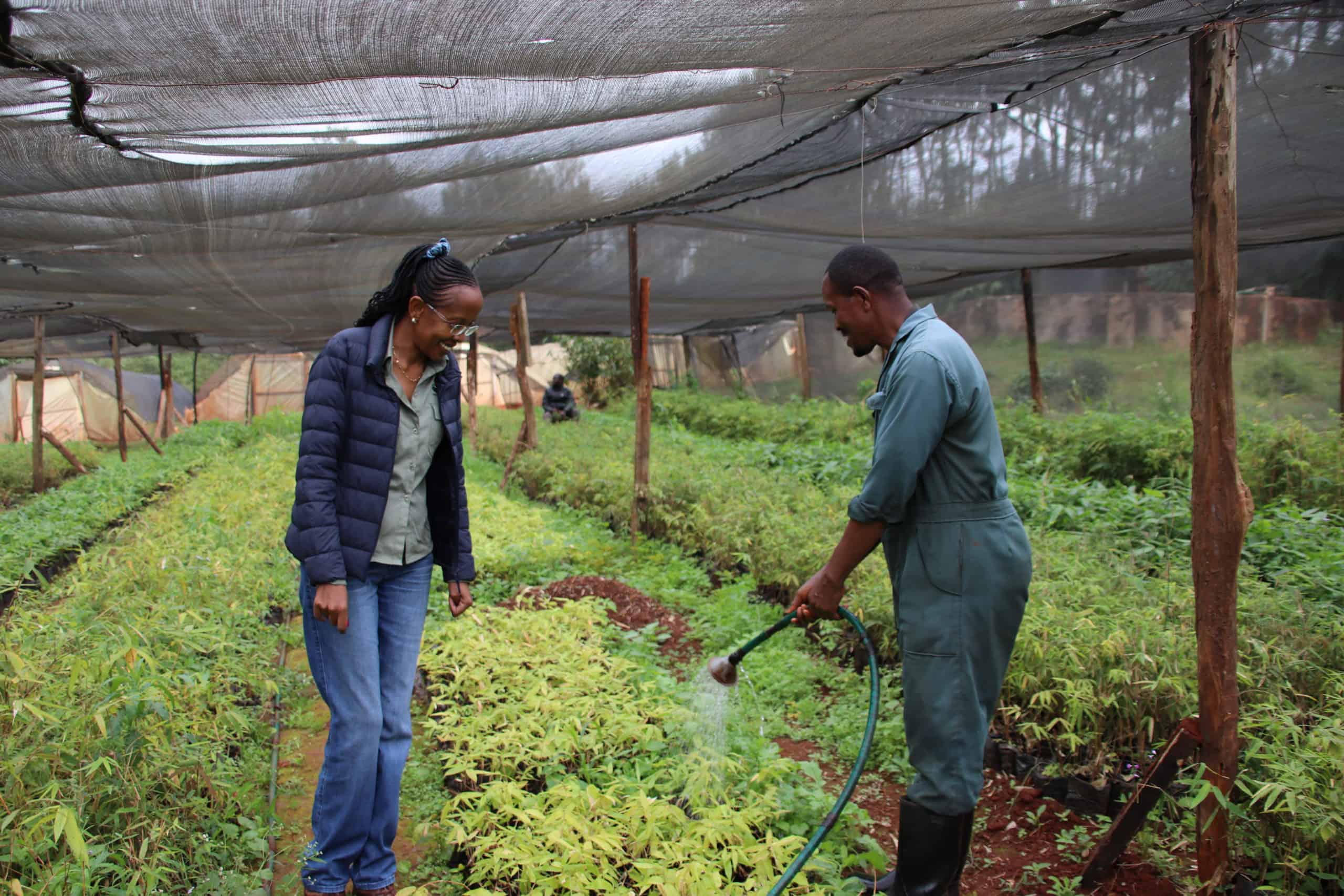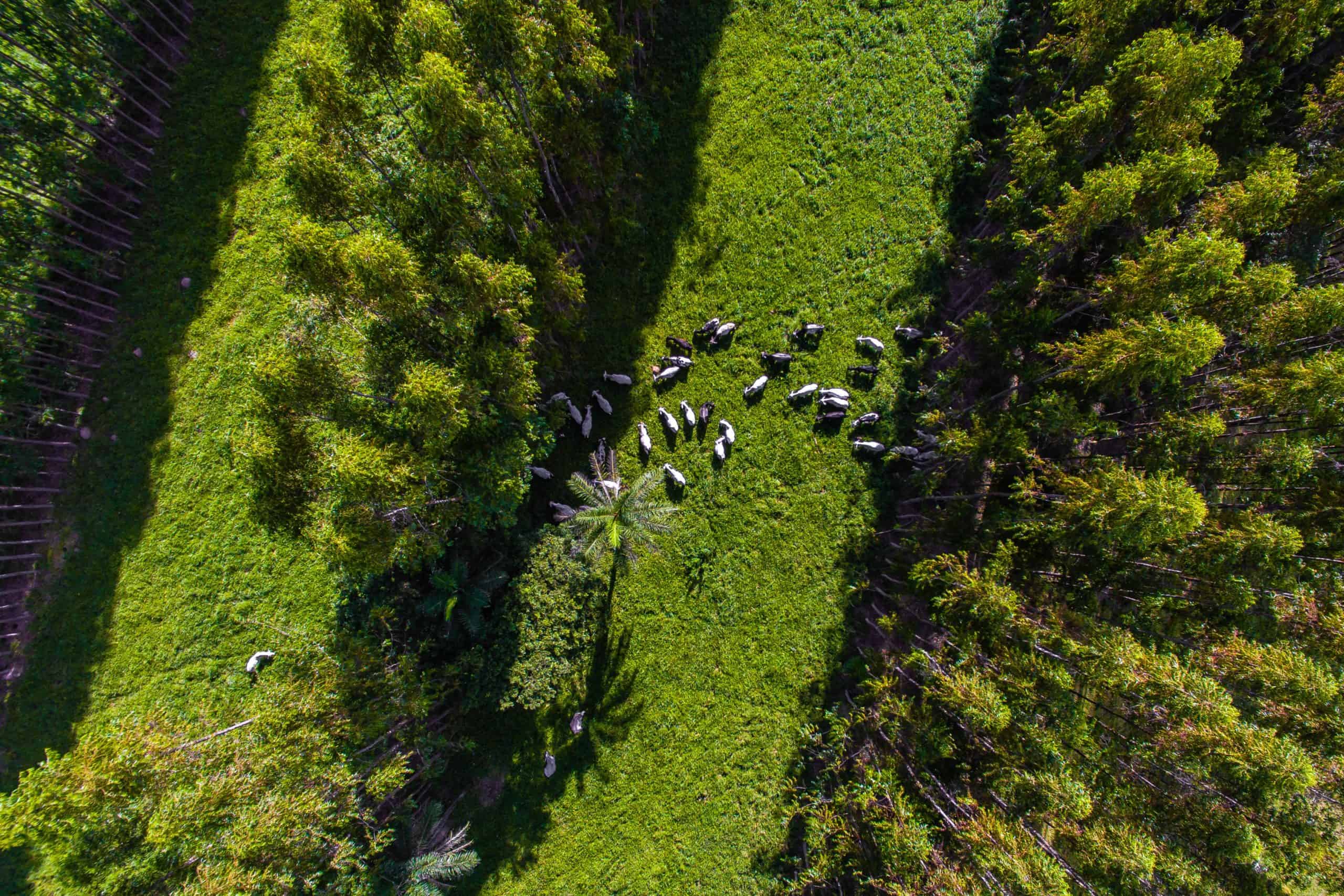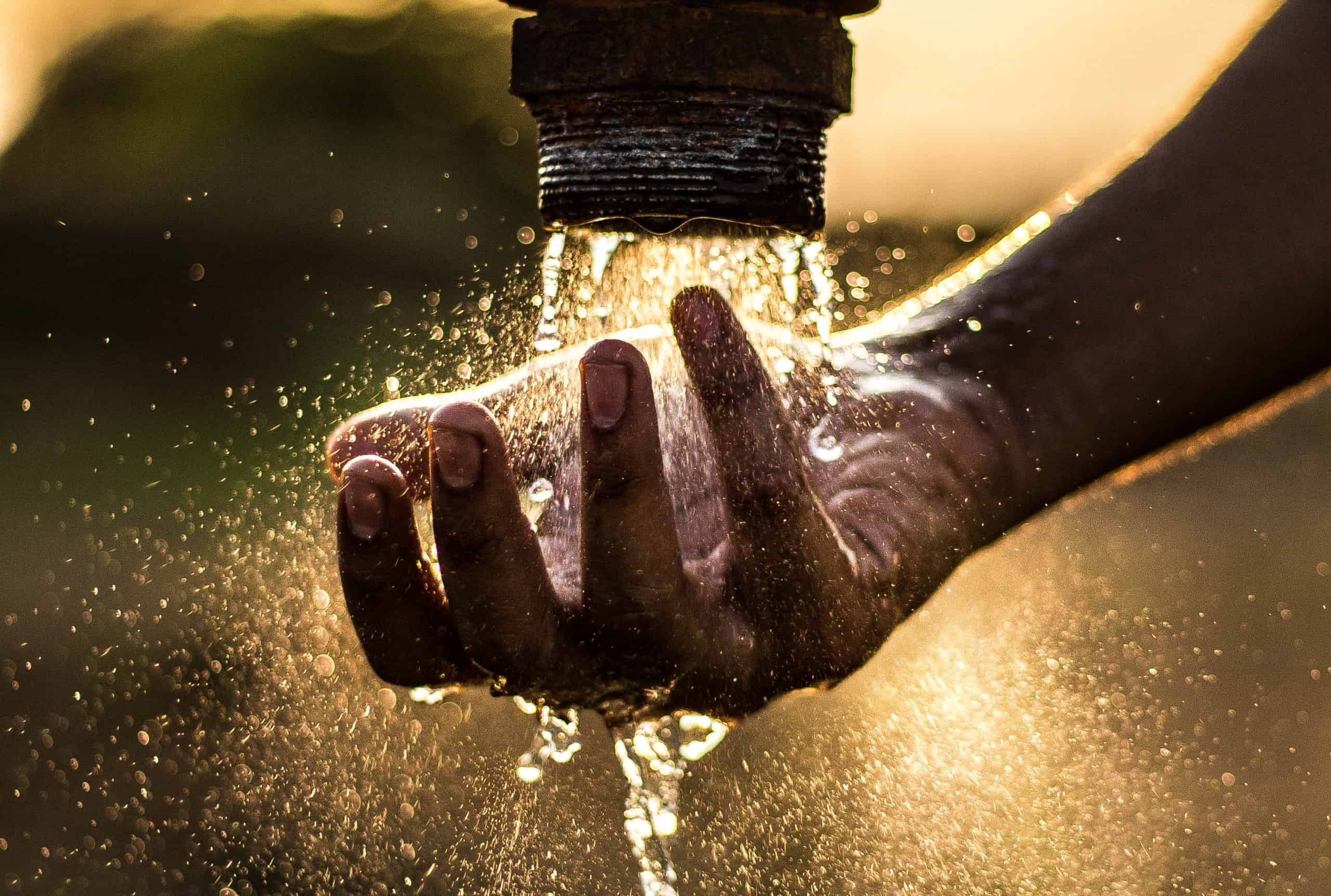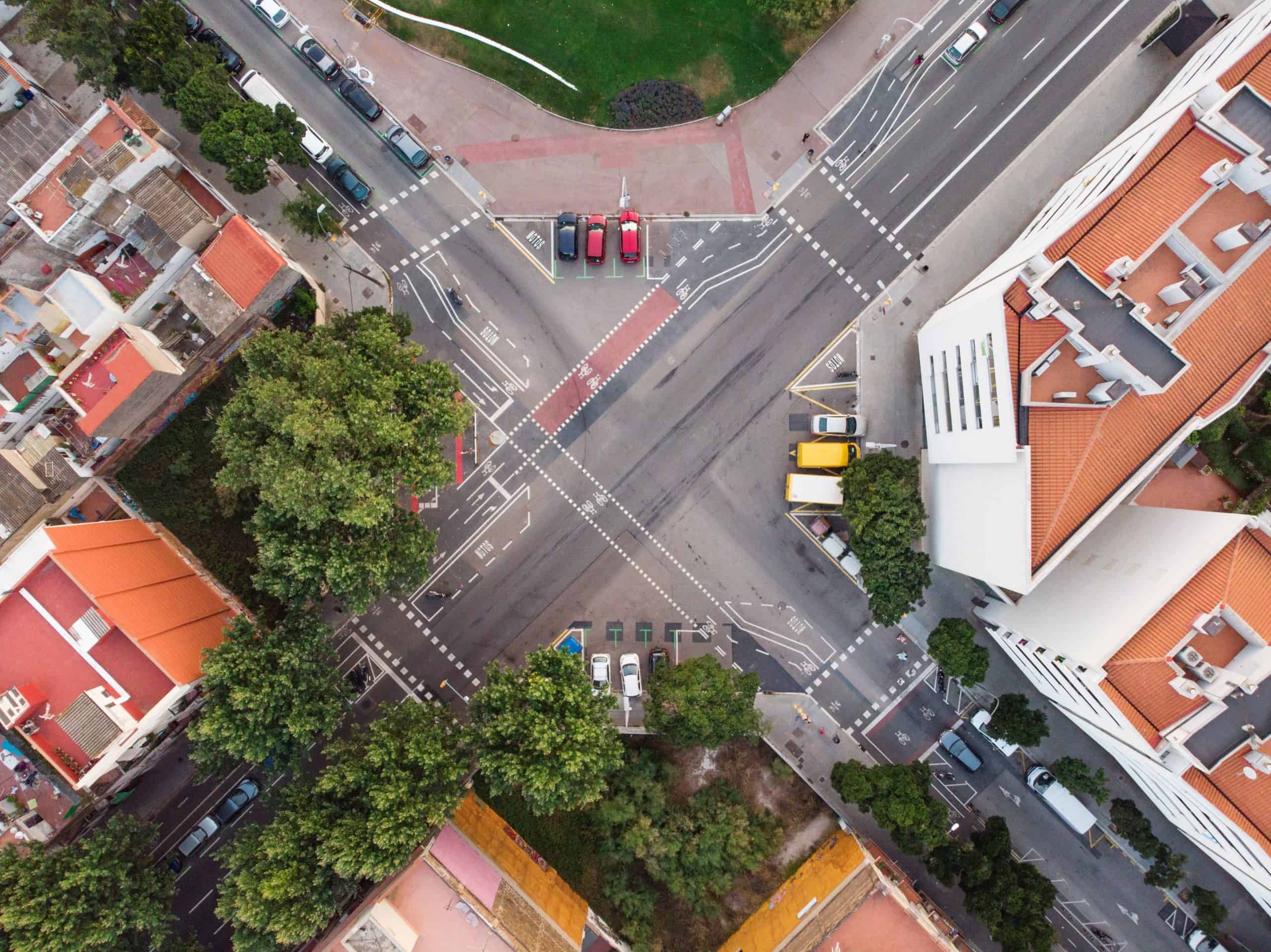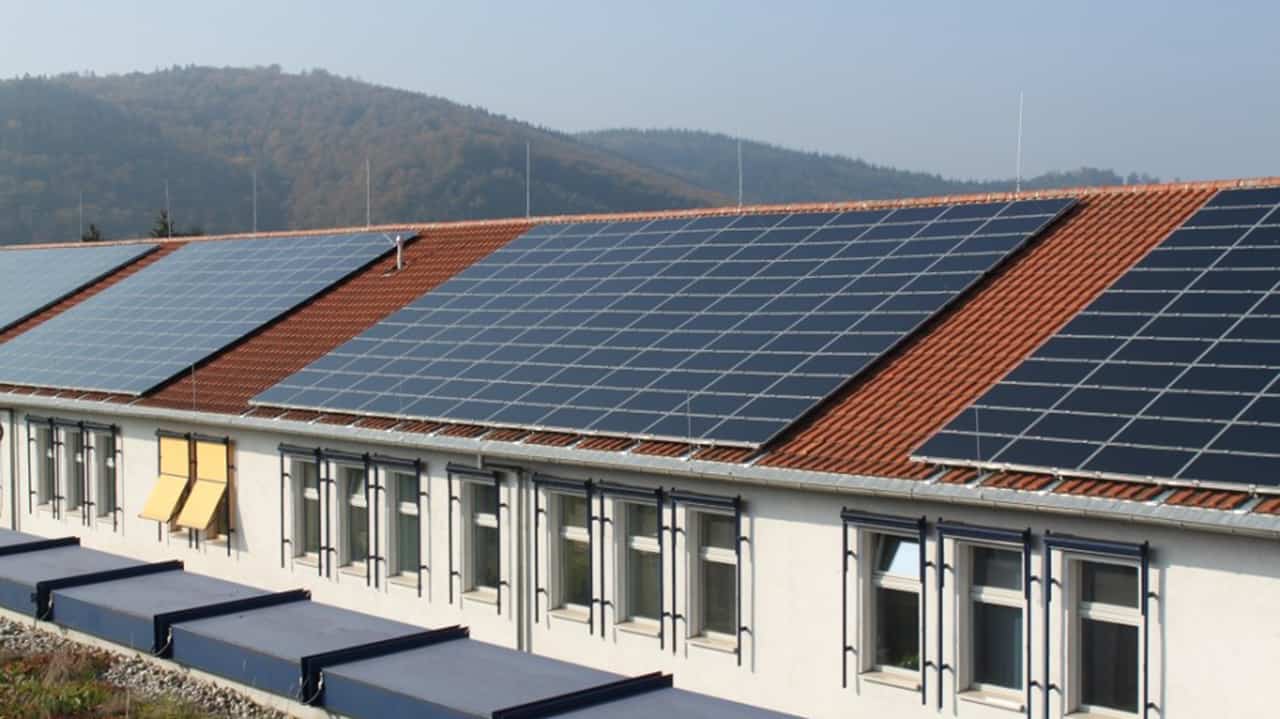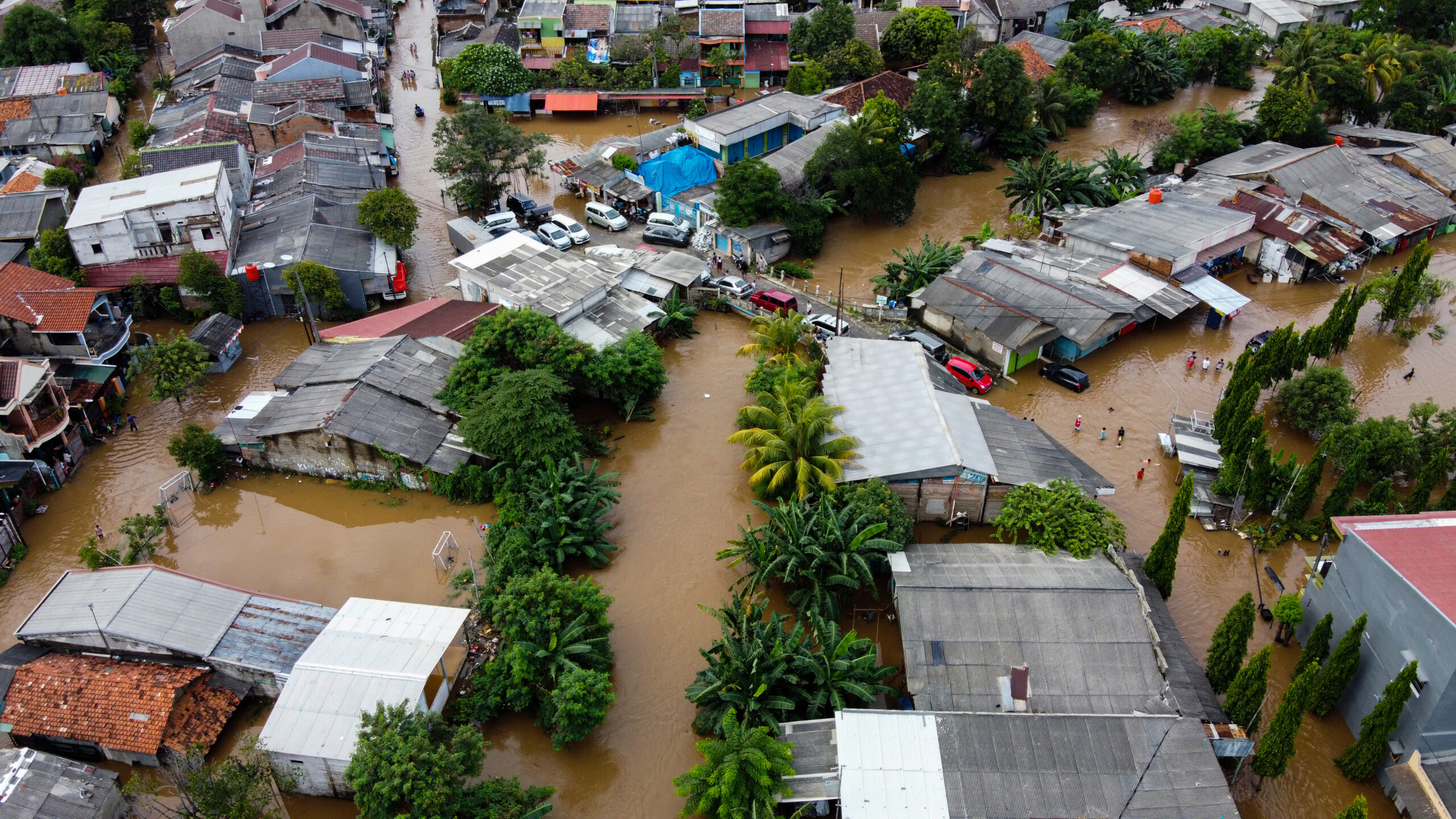LONDON – The Global Innovation Lab for Climate Finance (the Lab), an investor-led initiative that identifies, develops, and launches promising solutions to drive critical public and private investment to action on climate change in developing countries, has selected its top eight ideas for 2020, the 6th year of its annual competition.
The Lab has become a leader in accelerating investment where it is needed most. Each year, the Lab competition selects promising, early-stage ideas for sustainable investment and rapidly develops these ideas into fundable, scalable investments and business models.
Since its inception in 2014, the Lab has produced 41 finance instruments that have already mobilized over $2 billion in public and private investments. This includes $370 million invested by Lab members—who include over 60 institutions in government, development finance, philanthropy, and the private sector—as well as $1.7 billion from additional investors.
Lab members chose the 2020 class of ideas out of a highly competitive shortlist of 16 finalists, narrowed from a field of more than 200 initial proposals submitted by leading development finance institutions, global NGOs, prominent project developers, asset managers and financial services firms, and entrepreneurs.
The new ideas target four program areas and three geographic regions where accelerated investment for climate adaptation and mitigation is urgent. These areas include nature-based solutions, sustainable agriculture, sustainable cities, and sustainable energy access; the geographic regions are Brazil, India and Southern Africa.
LAB WINNERS
Nature-Based Solutions
Conexsus Impact Fund addresses a significant gap in the way small-scale farms and forest-dwellers in Brazil access available financing for community-led sustainability efforts. The fund creates a business platform that can develop a variety of financial products tailored to specific communities and enterprises. This customized, community-centric approach has the potential to unlock US$1 billion in available financing from multiple sources, including Brazil’s rural credit program. The idea was submitted by Conexsus.
GROVE: Forestry Smart Ledger (FSL) links together satellite computer vision and remote sensing of biomass increases with blockchain verification of sustainable land-use impacts and restoration agreements to create automated, transparent performance rewards for Indian communities who are engaged in regenerative forestry. By improving tracking, measurement, and verification of reforestation and coastal conservation work, the FSL has significant potential to unlock new funding sources for coastal communities and fortify the income streams generated by more sustainable land use. The idea was submitted by the Global Mangrove Trust.
Monetizing Cost Savings for Water and Nature Based Solutions leverages a “pay-for-performance” model to monetize water conservation and efficiency efforts. Initially, to be tested in a highly water-stressed area of Guanajuato, Mexico, the idea would seek to create incentives and revenue streams in an area where municipal entities lack the necessary financial resources to undertake water security improvements. This type of system, which has successfully been used in the energy sector, has the potential to increase water availability and significantly reduce water losses. The idea was submitted by the World Resources Institute.
Sustainable Agriculture
The Rural Prosperity Bond boosts rural prosperity and climate resilience by enabling small and medium enterprises (SMEs) to expand the number of smallholder farmers they serve. The bond uses credit to accomplish three things: empower smallholders to restore their land; enable SMEs focused on sustainable agriculture to grow faster; and form market linkages. The Rural Prosperity Bond will allow tens of thousands of additional farmers to access credit and to do so in a way that is financially sustainable. The idea was submitted by the World Resources Institute.
Sustainable Agriculture Finance Facility enhances the adoption of sustainable agricultural technologies (SATs) in Brazil by creating a credit facility for small and medium farmers in Brazil who pass a Sustainable Agriculture Certification. SATs are proven to increase sustainability efforts and crop yields but often include large upfront costs and require qualified technical assistance. As part of the certification and lending process, the Sustainable Agriculture Finance Facility will provide assistance to enhance successful technology adaptation and reduce default risk, as well as facilitate market access for participants. The proponents are Rede ILPF and the Brazilian Institute of Development and Sustainability (IABS).
Sustainable Cities
Climate Adaptation Notes creates a new and innovative funding source for water and waste-related climate adaptation infrastructure projects in Southern Africa that have struggled to attract long-term sustainable financing. The new mechanism attracts investment from institutional investors and impact investment funds while creating a new source of credit for commercial banks. The idea was submitted by GFA Climate & Infrastructure and Ashburton Investments. The idea was submitted by GFA Climate & Infrastructure and Ashburton Investments.
The Global Sub-National Climate Fund (SnCF) creates a blended investment vehicle that significantly increases the flow of public and private capital for mid-size (US $5-75M) sustainable urban infrastructure projects. These projects often struggle to find financing yet can have strong social and environmental impacts. The Fund will cover the whole infrastructure value chain from identification, development, investment to certifying impact. It will include a dedicated donor-funded, revolving Technical Assistance (TA) facility to support project preparation and capacity building. The initiative is coordinated by a non-profit that has a track record of successfully leveraging technology and process improvements to increase efficiency and maximize returns over the entire lifespan of infrastructure projects and is steered by an implementing consortium that includes experts and investors. The idea was submitted by R20 Regions of Climate Action.
Sustainable Energy Access
The GreenStreet Africa Development Company facilitates reliable clean energy access for public facilities, such as schools and hospitals, in under-served areas of Nigeria. It prepares portfolios of public building solar generation projects for implementation by private companies under an energy-as-a-service model. Financing is provided via local capital markets, through bond issuances backed by third-party repayment guarantees, to rapidly scale implementation of distributed generation. The idea was submitted by GreenMax Capital Advisors.
The competition to select the final ideas occurred last week in Frankfurt, hosted by Lab member KfW, the German state-owned development bank. Over 40 senior-level investors, analysts, government officials and observers applied their joint expertise to identify the most promising solutions.
Lab member Sébastien Subsol of the International Fund for Agricultural Development (IFAD) noted, “sub-Saharan Africa faces increasingly complex and interrelated challenges stemming from population growth and climate change, including land and ecosystem degradation, conflict over resources, and migration. IFAD’s ongoing partnership with the Lab has already jointly produced several innovative and sustainable solutions to leverage both private and public resources for the region’s smallholder farmers. We are optimistic about continued success based on this year’s winning ideas.”
Lab member Lorenzo Bernasconi of The Rockefeller Foundation observed, “we are making important gains in global sustainable energy production, but access to sustainable energy faces significantly more hurdles in developing nations, especially Sub-Saharan Africa where population growth is outstripping all energy production, let alone sustainable energy. The Lab addresses one of the core pillars of The Rockefeller Foundation’s strategy to tackle this issue: new business models.”
Lab member Julia Feeney of Australia’s Department of Foreign Affairs and Trade said, “An important strategic aspect of Australia’s aid development program is to focus on supporting private sector development in a way that produces measurable impact. The innovative ideas generated by the Lab enable Australia to support our partner countries to improve their business enabling environments and harness the capabilities of the private sector to support effective development.
Dr. Barbara Buchner, Global Managing Director of Climate Policy Initiative, the Lab’s secretariat, said, “We need to shift investment at a massive scale toward more sustainable practices. In this context, developing competitive investments that attract private capital is critical – and the Lab has already proven it can catalyze billions of new funding. Our 2020 class produced another strong set of innovative ideas that push the boundaries to address gaps and create attractive investment opportunities, particularly in more difficult sectors.”
This year’s eight selected ideas will now move forward for analysis, stress-testing, development, and preparation for launch later this year.
Eight additional ideas made it to the finalist stage of the Lab. They are:
- Great Sea Reef Development Company (Nature-Based Solutions)
- The Savings Groups Nature-Based Solutions Climate Fund (Nature-Based Solutions)
- LandscapeCPR (Sustainable Agriculture)
- Accelerating Sustainable Public Lighting Africa (Sustainable Cities)
- Financing for Last-Mile Cargo Three-Wheel Electric Vehicles in India (Sustainable Cities)
- Climate Resilient African Communities Through Credit Scoring Application (Sustainable Energy Access)
- Off-balance Sheet Financing structure for energy efficiency performance contracting in Brazil (Sustainable Energy Access)
- Revolusolar (Sustainable Energy Access)
About the Lab
The Global Innovation Lab for Climate Finance identifies, develops, and launches innovative finance instruments that can drive billions in private investment to action on climate change and sustainable development. The Lab is funded by the Australian Department of Foreign Affairs and Trade, Bloomberg Philanthropies, the German Federal Ministry for the Environment, Nature Conservation, and Nuclear Safety (BMU), the International Fund for Agricultural Development (IFAD), the Netherlands Ministry for Foreign Affairs, The Rockefeller Foundation, Shakti Sustainable Energy Foundation, and the UK Department for Business, Energy & Industrial Strategy. Climate Policy Initiative serves as Secretariat.
MEDIA CONTACT
Rob Kahn, Communications Manager, the Global Innovation Lab for Climate Finance
Climate Policy Initiative
rob.kahn@cpiclimatefinance.org
+1 415-215-8234

